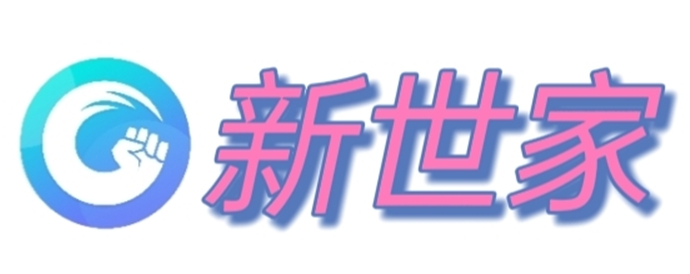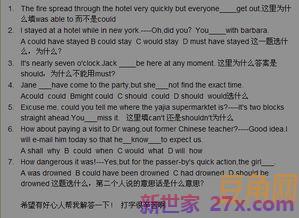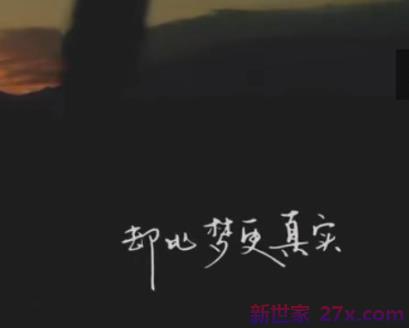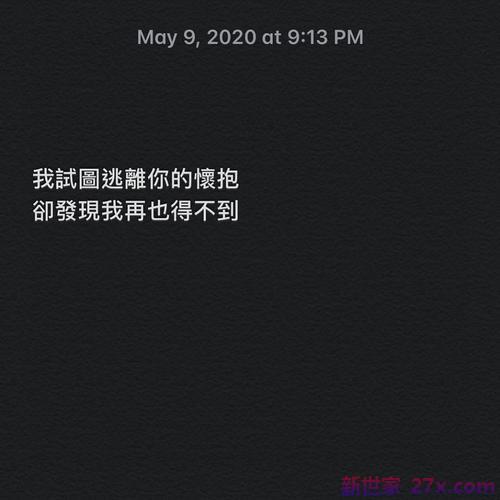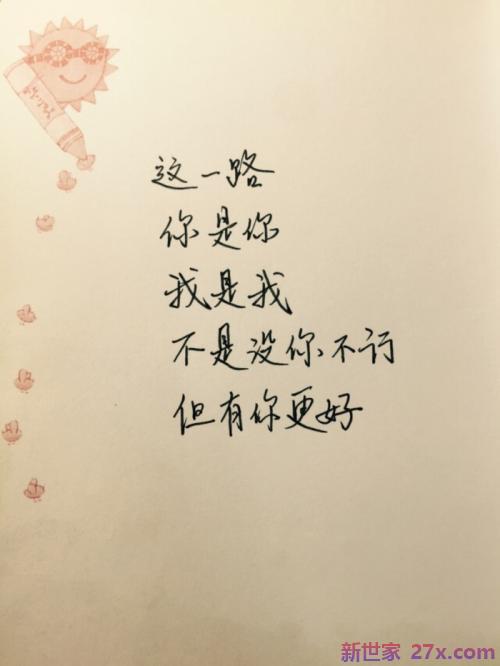|
微信分身24小时自助商城:
微信分身24小时自助商场:
微信分身24小时自助商场: |
1.英语所有的情态动词提问的结构和答语
1)客气的请求 (以can/may /will /would 提问) 提问) )
Could I use your telephone?
Yes, you can/ may. ( No, I am afraid not.)
May I swim in the lake?
Yes, you may/can. ( No, you may not. / No, you'd betternot.)
would比will委婉客气。如:
Would you pass me the book?
ok, no problem,
sorry ,I can't
Would you like a cup of tea?
No, thanks.
Yes, please.
2)以must/need提问 ) 提问 Must I finish the homework today?
Yes, youmust. (No, you needn't. / No, you don't have to.)
Need I start from the beginning? Yes, you must. ( No, you needn't. / No, you don't haveto.)
3)shall 用于第一 三人称,构成疑问句, 第一、①用于第一、三人称,构成疑问句 表示征求对 方意见。 方意见。
Shall I turn on the light?
Yes, please.
Shall the messenger wait?
Yes, he shall.
2.情态动词开头得问句怎样回答
情态动词may和can的用法
情态动词有一定词义,表示某种感情和语气,但不能单独作谓语,要求与其他动词一起构成谓语。
1. may的用法:
▲may表示“可以”,即表示说话人同意、许可或请求。例如:
① You may do it right now. 你可以现在干这件事。
② May I watch TV now? 我可以现在看电视吗?
Yes, please. /Certainly. 请吧。
No, you mustn't. 不行。 /Please don't. 请不要。
【注意】常用 can't 或mustn't作否定回答。
▲may表示可能性。例如:
① He may not be free now. 他现在可能没时间。
may 的否定形式一般用can't代替。例如:
② He can't be in the classroom. 他不可能在教室里。
2. can的用法:
▲can表示许可或请求许可时,相当于的第一种用法,但比用得更广泛。
can不仅表示说话人同意、准许,还可以表示客观条件许可。例如:
① You can go now. 现在你可以走了。
② Can I do it now? 现在我可以做吗?
Yes, you can. 行。(No, you can't.不行。)
▲表示请求或提建议时,常用于 Can I…?Can you…?语气比较客气。例如:
① Can I borrow your ruler? 我借一下你的尺子好吗?
② Can you give me a cup of tea? 请给我一杯茶好吗?
▲can的过去式是could,但could可用于现在时和将来时,不表示过去而表示“请求”,语气更加委婉客气。例如:
① Could I open the window? 我打开窗户好吗?
② Could you pass the pen, please? 请递给我们那枝钢笔好吗?
3.英语所有的情态动词提问的结构和答语
1)客气的请求 (以can/may /will /would 提问) 提问) ) Could I use your telephone? Yes, you can/ may. ( No, I am afraid not.) May I swim in the lake? Yes, you may/can. ( No, you may not. / No, you'd betternot.)would比will委婉客气。
如:Would you pass me the book?ok, no problem,sorry ,I can't Would you like a cup of tea?No, thanks.Yes, please.2)以must/need提问 ) 提问 Must I finish the homework today?Yes, youmust. (No, you needn't. / No, you don't have to.) Need I start from the beginning? Yes, you must. ( No, you needn't. / No, you don't haveto.)3)shall 用于第一 三人称,构成疑问句, 第一、①用于第一、三人称,构成疑问句 表示征求对 方意见。 方意见。
Shall I turn on the light? Yes, please. Shall the messenger wait? Yes, he shall。.。
| 声明:本文内容及图片来源于读者投稿,本网站无法甄别是否为投稿用户创作以及文章的准确性,本站尊重并保护知识产权,根据《信息网络传播权保护条例》,如果我们转载的作品侵犯了您的权利,请在一个月内通知我们,我们会及时删除。请将本侵权页面网址发送邮件到35210957@qq.com,我们会及时做删除处理。 |


